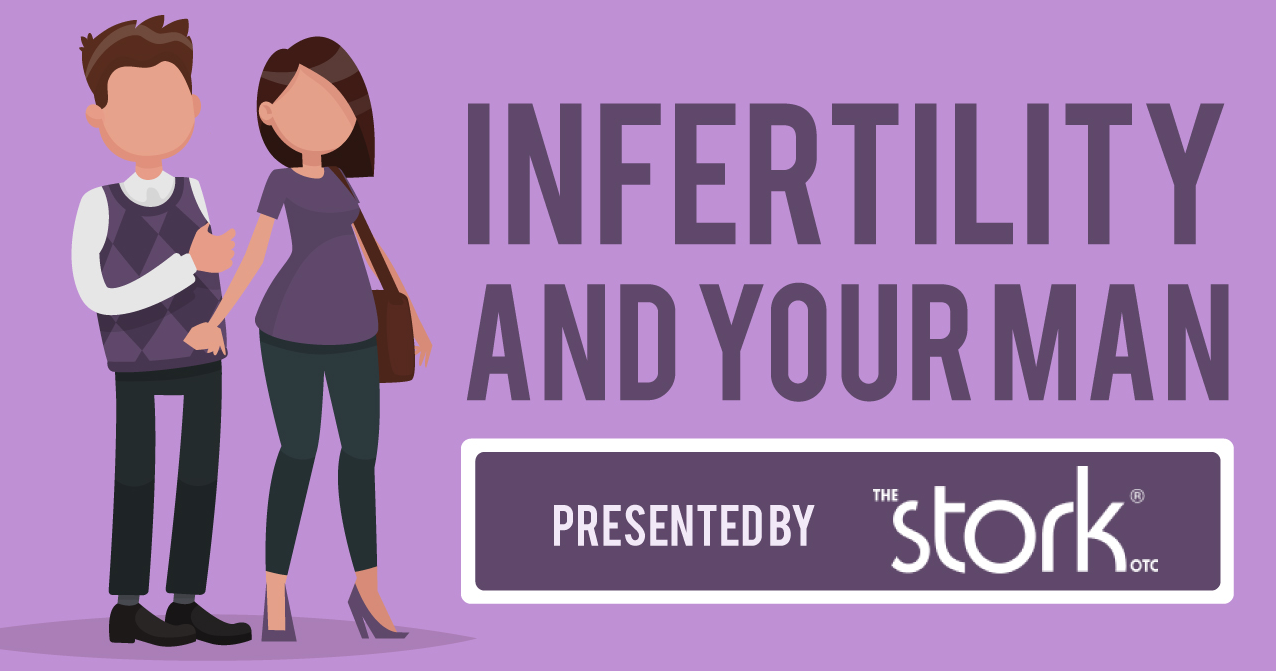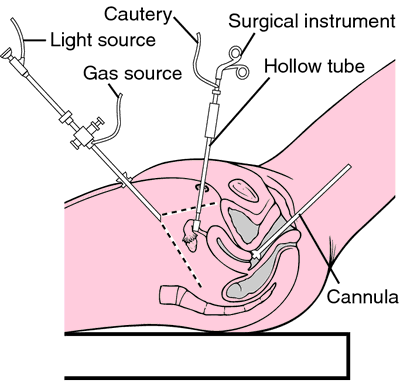Endometriosis affects up to 15 percent of all women at some point. Mild cases cause pain and time off work. Severe cases can cause crippling pain and infertility.
Endometrium is tissue that lines the uterine cavity. Problems arise when endometrium doesn't stay where it belongs.
Endometriosis lesions or implants (endometrium tissue) can set up camp in every organ of a woman's pelvis, including reproductive organs, urinary system and the bowel.
Endometriosis is epitomized by severe pelvic pain which gets worse before a woman's period, becoming excruciating during her period and diminishing after the period ends. Intercourse and bowel movements can bring on more pain.
The type of pain will depend in part on how much of this tissue there is and where the lesions have spread to. Hormone stimulation causes lesions to break down and bleed.
The body then covers this area with adhesions or scar tissue. But the endometriosis lesions under the adhesions create greater pain and feeling of pressure.
If an organ like an ovary becomes covered with adhesions, its blood supply suffers and a cystic mass can form. These endometrioma can range in size from very small to as large as a softball.
Severe cases essentially freeze organs in place. Organs become stuck together, rather than being able to move in the pelvis. In situations where organs would normally have some movement, like sexual intercourse, ovulation, or moving of the bowel, pain explodes.
Some doctors believe that lower estrogen levels can reduce the risk of endometriosis. They recommend avoiding alcohol and caffeine, maintaining healthy weight and getting regular exercise.
Oral contraceptives are sometimes used successfully for endometriosis.
Prostaglandins are oil-based hormones secreted by healthy endometrium and most other body tissues. Prostaglandins are integrally involved in body processes such as pregnancy, ovulation, and menses (menstrual cycle).
More prostaglandins are produced in the uterine endometrium than anywhere else in the body. Problems arise when prostaglandins are released at the wrong times or in the wrong places.
Drug treatment is usually done with progestins, danazol and gonadotropin-releasing hormone (GnRH) agonist analogs, to reduce estrogen secretion. Hot flashes, lowered libido and vaginal dryness can accompany this lower estrogen, as in menopause. Reduced bone density and calcium can also occur.
Progestin treatment relieves symptoms for about 80 percent of women. Endometrium tissue stops growing and endometriosis fades. Progestins can also cause depression, abnormal bleeding, nausea and edema (fluid retention). These drug treatments usually bring relief for five years or so.
Resources:
Treating the Symptoms of Endometriosis
http://www.womenshealthcaretopics.com/living_with_endometriosis.htm
Endometriosis in Infertility
http://www.amazingpregnancy.com/pregnancy-articles/57.html
Trying to Conceive
http://www.trying-to-conceive.com/fertility-treatment/endometriosis-fertility
The Effect of Endometriosis on Fertility and Infertility
http://www.advancedfertility.com/endometriosis.htm
ehealthmd.com: Endometriosis And Infertility
http://www.ehealthmd.com/library/endometriosis/em_infertile.html
Endometriosis and Infertility
http://www.endo-resolved.com/infertility.html
Visit Jody's website and blog at http://www.ncubator.ca and http://ncubator.ca/blogger





Add a CommentComments
There are no comments yet. Be the first one and get the conversation started!